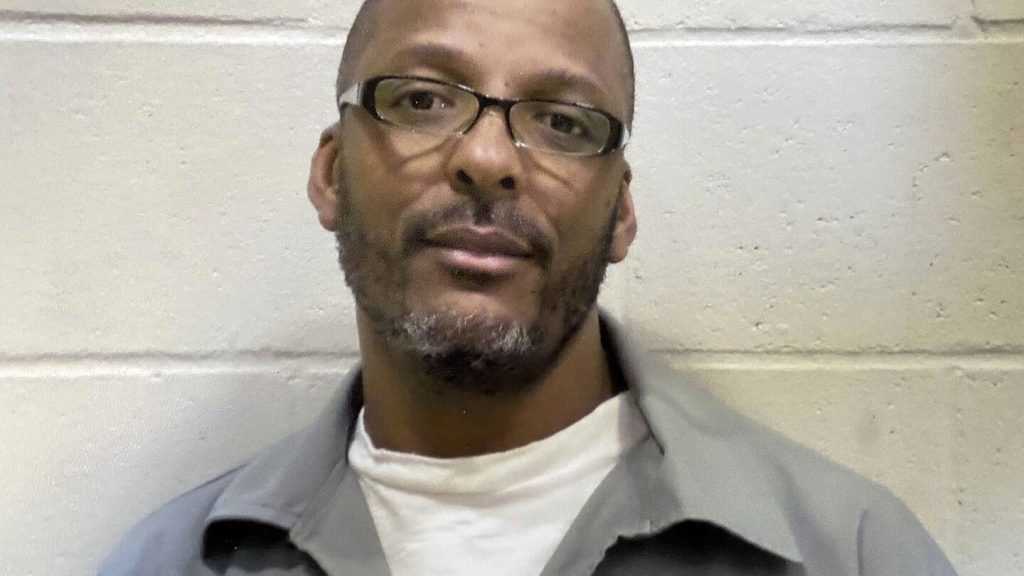In St. Louis, Christopher Dunn has spent 33 years in prison for a murder he claims he did not commit. Prosecutors are now convinced of his innocence, but the Attorney General’s Office is fighting to keep him behind bars. Dunn, 52, is serving life without parole and appeared in court this week for a hearing to determine his fate. A new Missouri law allows for such hearings in cases of potential wrongful conviction, and the St. Louis Circuit Attorney filed a motion in February to vacate Dunn’s 1990 guilty verdict based on new evidence of his actual innocence.
During the hearing, Dunn’s lawyer argued that he was at his mother’s house at the time of the shooting, watching TV with his family. However, the Assistant Attorney General claims that despite witness recantations, evidence still points to Dunn as the shooter. Dunn, who was just 18 at the time of the murder, has always maintained his innocence, but it has taken more than three decades for prosecutors to take action. The case has been through multiple legal proceedings, with various judges considering Dunn’s claims of innocence.
In the 1990 trial, Dunn was convicted based largely on the testimony of two teenage witnesses who later recanted, stating that they were coerced by police and prosecutors to falsely accuse Dunn. Despite the lack of physical evidence linking Dunn to the crime, he was sentenced to life without parole. Now, years later, new evidence has emerged, including testimony from witnesses who say they were pressured to implicate Dunn. This evidence, along with changing witness testimonies, has prompted the current legal proceedings to reassess Dunn’s conviction.
The case is part of a larger trend in Missouri of addressing potential wrongful convictions. In recent years, several individuals who were wrongfully convicted have been exonerated and released from prison. This includes cases where new evidence, witness testimony, or legal developments have called into question the guilt of the individuals convicted. The use of new laws and procedures to reevaluate convictions and consider evidence of innocence highlights the importance of ensuring that justice is served and that individuals are not wrongly imprisoned for crimes they did not commit.
Dunn’s case is just one example of the complex legal challenges faced by individuals seeking exoneration after years of wrongful imprisonment. The process of overturning a conviction, even in cases where new evidence points to innocence, can be lengthy and involve multiple legal hurdles. However, recent changes in Missouri law and legal proceedings offer hope to individuals like Dunn who have maintained their innocence and are seeking justice. The outcome of Dunn’s hearing will have implications not only for his own future but also for the broader legal landscape of addressing wrongful convictions in Missouri and beyond.
As the legal proceedings in Dunn’s case continue, the focus remains on ensuring that justice is served and that individuals are not wrongfully imprisoned for crimes they did not commit. The efforts of prosecutors, defense attorneys, and judges to review and reconsider convictions in light of new evidence demonstrate a commitment to upholding the principles of justice and fairness. While the outcome of Dunn’s case remains uncertain, the proceedings mark a significant step towards addressing potential wrongful convictions and ensuring that individuals like Dunn have the opportunity to prove their innocence and seek justice after years of imprisonment.


